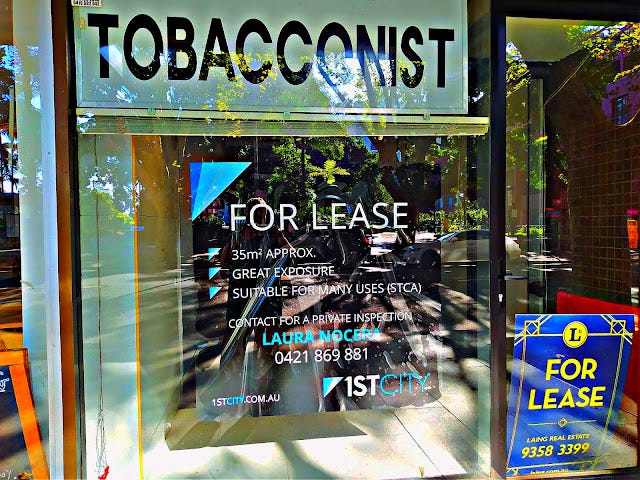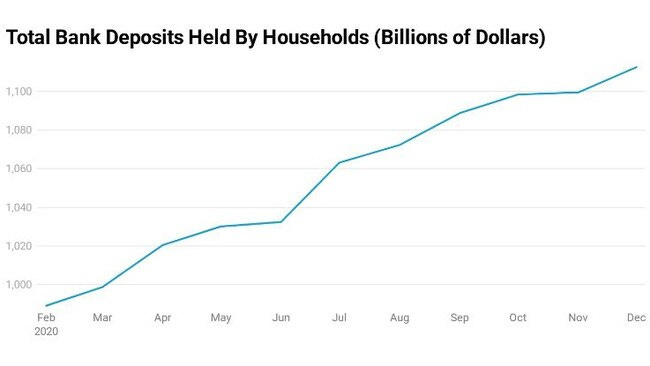
Caught between humans and the sky, between humans and the fabric of everything, sometimes they spoke as if it was all over just as it was beginning. He was out of sorts by circumstance and self recrimination, nothing, nothing, the times sort, the lattices rearrange, he began to brace himself for a different path, more enlightened, more surreal, more fabulous, more the crowded hour; brought low by the difficulties and lows of others. One thing for sure: he did not like human emotions. He could feel them in the sighing of a Nick Cave song or in the tingling of fingers or the sliding light in prickling presences; and then it was gone and he would soar even higher.
Except that was not the way it was going to happen.
He was justifiably overwhelmed.
He didn't like to feel anything, didn't want to feel anything, as if such an emotion was the biggest threat he could ever endure.
It wasn't sane, it wasn't safe. He didn't know where to begin. All was in the fabric and they crept through to see.
He was swamped from the minute he walked into that empty house; the house where he had seen his aging mother in terrible states in the previous months, where he had been trapped for all too long, where all too small dreams and the fear of Abrahamic gods launched through every conversation and every past dream; where the spirits which gather at the end of life had been gathering for all too long.
He didn't want to feel anything.
Time was short and time was urgent; and who's timetable he was running to he wasn't quite sure. And so he left it quiet and still and found urgency in the quiet, and these were the ways back and these were the ways through, and he remained astonished at the furry things called humans.
And the indifference. Perhaps, above all, that's what he noticed; how few really cared.
As the country went to its own rack and ruin.
HEADLINES
Former Liberal minister attacks 'secret men's business' after cabinet minister accused of historical rape
Sharman Stone says male MPs referred to themselves as the ‘swinging dicks’ and blocked Julie Bishop’s leadership aspirations
Former Liberal minister Dr Sharman Stone has attacked a broader culture of parliamentary sexism and misogyny after the ABC revealed on Friday that a letter had been sent to the prime minister and police alleging a federal cabinet minister raped a woman before he entered parliament.
The ABC’s Four Corners reported the letter included allegations from a now-deceased woman alleging she was raped in 1988. The letter urged prime minister Scott Morrison to establish an independent investigation into the alleged sexual assault. The letter was forwarded to police after also being sent to opposition Labor leader in the Senate, Penny Wong, and the Greens senator Sarah Hanson-Young.
PM deserved slapdown on rape claim shame
The lack of curiosity and humanity shown by our Prime Minister over the past fortnight has been thoroughly disturbing.
The winners and losers of Facebook’s deal with the Morrison government
Facebook will restore news content for Australian users this week after the Morrison government agreed to make amendments to its proposed media bargaining laws.
But while Aussies get the news back in their feeds, the power still sits squarely with Facebook and Rupert Murdoch, experts say.
The backflip comes after Facebook blocked all news on its platform in Australia last week – including government pages and health and emergency services – in response to proposed legislation that would force tech giants to negotiate a fair payment with news publishers for sharing their content.
The historic ban rocked Australia and the world, serving as a warning to other governments considering enforcing similar rules on the company.
The biggest winners are Facebook and major news outlets like News Limited and Channel Nine, say digital media experts.
“It’s Facebook’s win for the most part,” said Axel Bruns, a digital media researcher at Queensland University of Technology.
“It’s watering down the news media bargaining code in the way that it’s been designed. It essentially means that Facebook can’t easily be forced into any kind of arbitration it doesn’t want.”
In other words, as long as Facebook has signed commercials deals with some “significant players” like Channel Nine, News Limited or the ABC, it will not be included in the code.
#BREAKING: In a positive development this afternoon, Seven West Media has announced a commercial partnership with Facebook to provide news content across their metro & regional media platforms. @PaulFletcherMP
— Josh Frydenberg (@JoshFrydenberg) February 23, 2021
“It’s going to be very difficult for anyone to do anything with the code,” said Dr Tama Leaver, a professor of internet studies at Curtin University.
“It’s a bit like a gun that sits in the Treasurer’s desk that he decides not to use.”
It’s also up to Facebook to decide if it pays one news outlet more than another.
“It’s a shift of balance from the stick to the carrot for Facebook,” Professor Bruns said.
Reminding Australia of its powerful position on Tuesday, Facebook’s head of news partnerships Campbell Brown said the company “will retain the ability to decide if news appears on Facebook so that we won’t automatically be subject to a forced negotiation”.
This means Facebook can suddenly remove news for Australian users again in the future if it doesn’t get its way.
Major news outlets
“The biggest winner is News Limited,” Dr Leaver told TND.
“That’s because they got what they wanted, which was finding a mechanism to get some money out of social media companies, which they’ve never managed to do before.”
It is no secret that Australia’s newspaper ownership is already among the most concentrated in the world.
What end of Centrelink JobKeeper means for Australia’s economy
The clock is ticking until Australians will have to face the reality of what the pandemic has done to our economy. Here’s how it could play out.
Vaccine bungle doctor punished before overdose
Victoria Police warns left-wing extremists are ‘mimicking overseas movements like ANTIFA’ to justify violence.
Downward spiral’: Young Australians’ huge hurdles after pandemic’s ‘gap year’
After a year of being heavily supported by hundreds of billions of dollars of government stimulus programs, on March 31 the Aussie economy will finally begin to stand on its own two feet.
With JobKeeper and the JobSeeker supplement set to come to an end, households and businesses will soon once again find themselves operating without the most generous government safety net in the history of the nation.
But as more than $300 billion in stimulus over the past 11 months is tapered down to just a fraction of that, one has to ask, what is going to drive the economy going forward?
In short – the savings of households and businesses made during the pandemic.
According to Treasurer Josh Frydenberg, households and businesses have squirrelled away around $200 billion in savings since the pandemic began.
With so much uncertainty stemming from the pandemic and also the opportunity to withdraw superannuation for a rainy day, households put aside more than $113 billion in the nine months to December.
RELATED: Qantas boss’s dire warning

The total bank deposits has skyrocketed in the pandemic.Source:Supplied

Aussies have been squirrelling money away.Source:Supplied
Now as the bulk of the Morrison Government’s support measures begin to taper off, Treasurer Josh Frydenberg is expecting quite a lot from households and businesses.
“This money will help underpin our economic recovery and avoid a fiscal cliff as some of the support measures start to taper off,” Mr Frydenberg said.
The Treasurer added that it was not his place to tell anybody how or where to spend their money, but he was confident that much of it would go towards boosting Australia’s economy.
This leads us to the $2 trillion question (roughly the size of the Aussie economy): Will households and businesses actually spend sufficiently.
Even before the pandemic things weren’t looking good for business investment. In December 2019, shortly before the pandemic began, annual growth in business investment was just one tenth of what it was compared with its peak prior to the global financial crisis.




